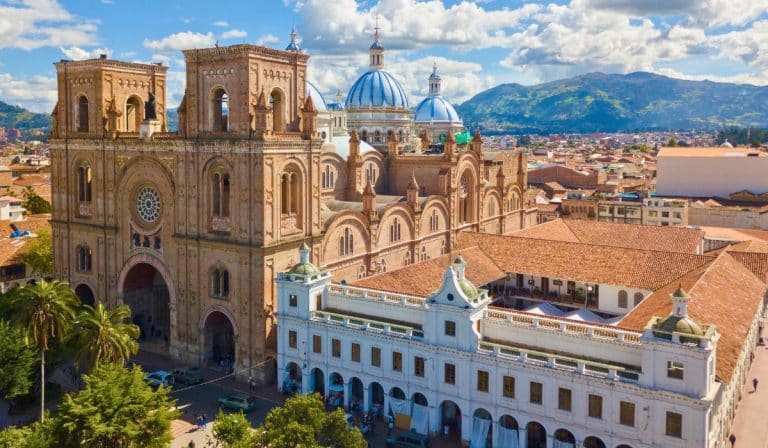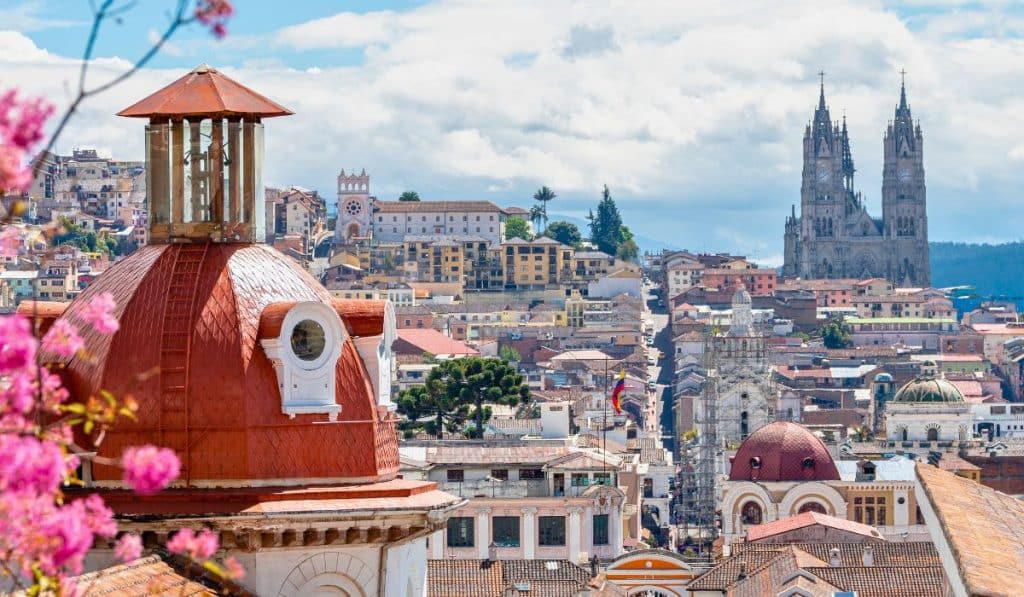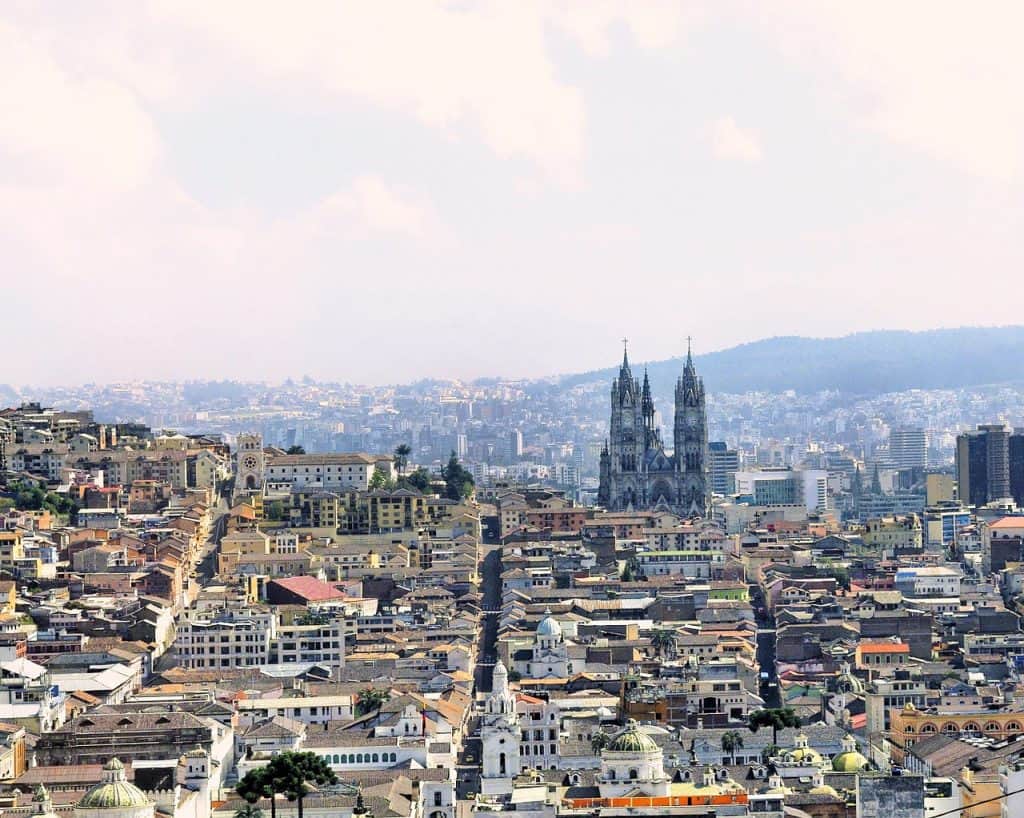Gang leader Adolfo Macias escaped from prison on January 7, triggering a surge of violent incidents and riots nationwide. Reports include police officer abductions, gunfire, explosions, car burnings, and looting.
Following these events, President Daniel Noboa declared a state of emergency lasting 60 days on January 8. The military has been deployed to oversee security in both prisons and urban areas to address the escalating gang violence.
The General Secretariat of Communication of the Ecuadorian Presidency stated in a statement dated January 22 that the Armed Forces and National Police have already carried out nearly 34,000 operations to dismantle narco-terrorist groups. More than 3,000 people were captured during these operations, and more than 1,000 firearms, cash, and drugs totaling more than 30,000 pounds were taken.
U.S. Travel Advisory Updated
On March 8, 2024, The U.S. State Department updated its travel advisory, information on the crime rates and the ongoing state of emergency in the Guayas province of Ecuador.
According to the agency, American citizens should “exercise heightened caution” when visiting Ecuador due to concerns regarding crime, kidnapping, and civil disturbances.
They further highlight a notable rise in violent offenses such as armed robbery, kidnapping, homicide, and assault. However, they clarify that areas under the influence of transnational criminal groups tend to exhibit significantly higher levels of violent crime.
For these reasons, the U.S. government requires citizens to reconsider travel to:
- Guayaquil north of Portete de Tarquí Avenue due to crime.
- El Oro province is outside the cities of Huaquillas and Arenillas, due to crime.
- Los Rios province outside the cities of Quevedo, Quinsaloma, and Pueblo Viejo, due to crime.
- All areas south of Esmeraldas city in Esmeraldas province, due to crime.
- The provinces of Sucumbíos, Manabí, Santa Elena, and Santo Domingo due to crime.
And do not travel to:
- Guayaquil, south of Portete de Tarquí Avenue, due to crime.
- The cities of Huaquillas and Arenillas in the province of El Oro, due to crime.
- The cities of Quevedo, Quinsaloma, and Pueblo Viejo in the province of Los Rios, due to crime.
- The canton of Duran, in the province of Guayas, due to crime.
- Esmeraldas city and all areas north of Esmeraldas city in Esmeraldas province, due to crime.
What is the current travel situation in Ecuador?
Ecuador currently has a curfew in place for the entire country. In certain states, visitors and residents are advised to stay inside their hotels or homes after 2 a.m. in some states and from 11 p.m. to 5 a.m. in others.
On Thursday, March 7, President Daniel Noboa extended the state of emergency decreed in January by a further 30 days.
This means that the country will be under a state of emergency and curfew until April 8, 2024.
On January 23, he reformed the decree and set different times for the curfew. For instance, regions with a high-risk level, such as Quito, Esmeraldas, Guayaquil, Durán, and Manta, have a curfew from 24:00 to 05:00.
Safety Tips for Ecuador
Together with the spike in kidnappings of police officers that started back in January, there has also been a notable escalation in violence. However, the situation seems to have somewhat stabilized at present. Nevertheless, to ensure a safe and secure journey to Ecuador, it is essential to follow these safety guidelines:
- Dress like a local to avoid drawing unnecessary attention. Looking like a tourist will make you a target.
- Safeguard your cash by using a Money Belt.
- Trust your instincts and leave immediately if something seems suspicious.
- Seek safety advice from the hotel staff, who will gladly provide you with local safety recommendations.
- Try to avoid arriving on late flights passed 10 pm. Remember that there is a national curfew.
- Travel light and only pack essentials, as large and heavy bags can also attract unwanted attention.
- Secure your valuables, passports, and important documents in a safe place back at your accommodation.



